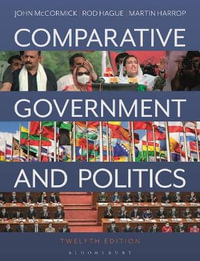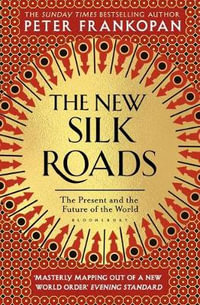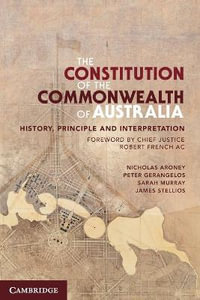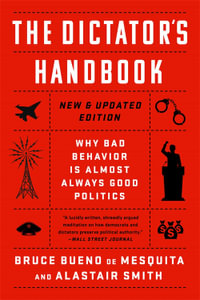This illuminating book is a republican critique of the current system of global governance and its failure to address key global problems. With a republican account of international political theory which transcends prevailing forms of global governance, it develops republican forms of leadership and citizenship to inform the creation of a stronger system of formal international organisations.
Republican Global Constitutionalism focuses on the current challenges facing formal international organisations such as the UN, the growing reliance on opaque informal international organisations like the G20, and the inconsistent nature of transnational civil society. As a unique contribution to the field of global constitutionalism, the book provides an account of republican international political theory that emphasises the importance of extending the activity of citizens and constitutionalism beyond the state, in order to support the operation of transnational civil society and create a formal system of international organisations.
Providing a concise intervention into the field of global governance, this book will appeal to scholars and students in the disciplines of international relations, political theory, transnational activism studies, international law, and public policy. It will also benefit policymakers and activists looking for alternative forms of global cooperation.
Industry Reviews
'Steven Slaughter's book moves from a dissection of the problems facing our globalized world, through a critique of existing initiatives and institutions, to a neo-republican argument for an array of plausible, concrete proposals. It is a theoretically persuasive, empirically informed study, deserving of attention in the public square and the corridors of power as well as in the seminar room.' -- Philip Pettit, L.S.Rockefeller University Professor of Human Values, Princeton University, US
'Steven Slaughter offers a compelling argument for seeking a middle path to a better international politics. It is a path that aims to avoid what he sees as the too-totalizing control of a full world government, and the ineffectiveness of most attempts at robust global governance. His alternative, Republican Global Constitutionalism, emphasizes the evolution of treaty-based, constitution-like governance in some aspects of international politics, and especially the roles that an active "global citizenry" could play in advancing and transforming global cooperation. This book is highly recommended for those seeking a sophisticated but accessible entry into dialogues on the transformation and/or surpassing of the liberal international order.' -- Luis Cabrera, Griffith University, Australia
























